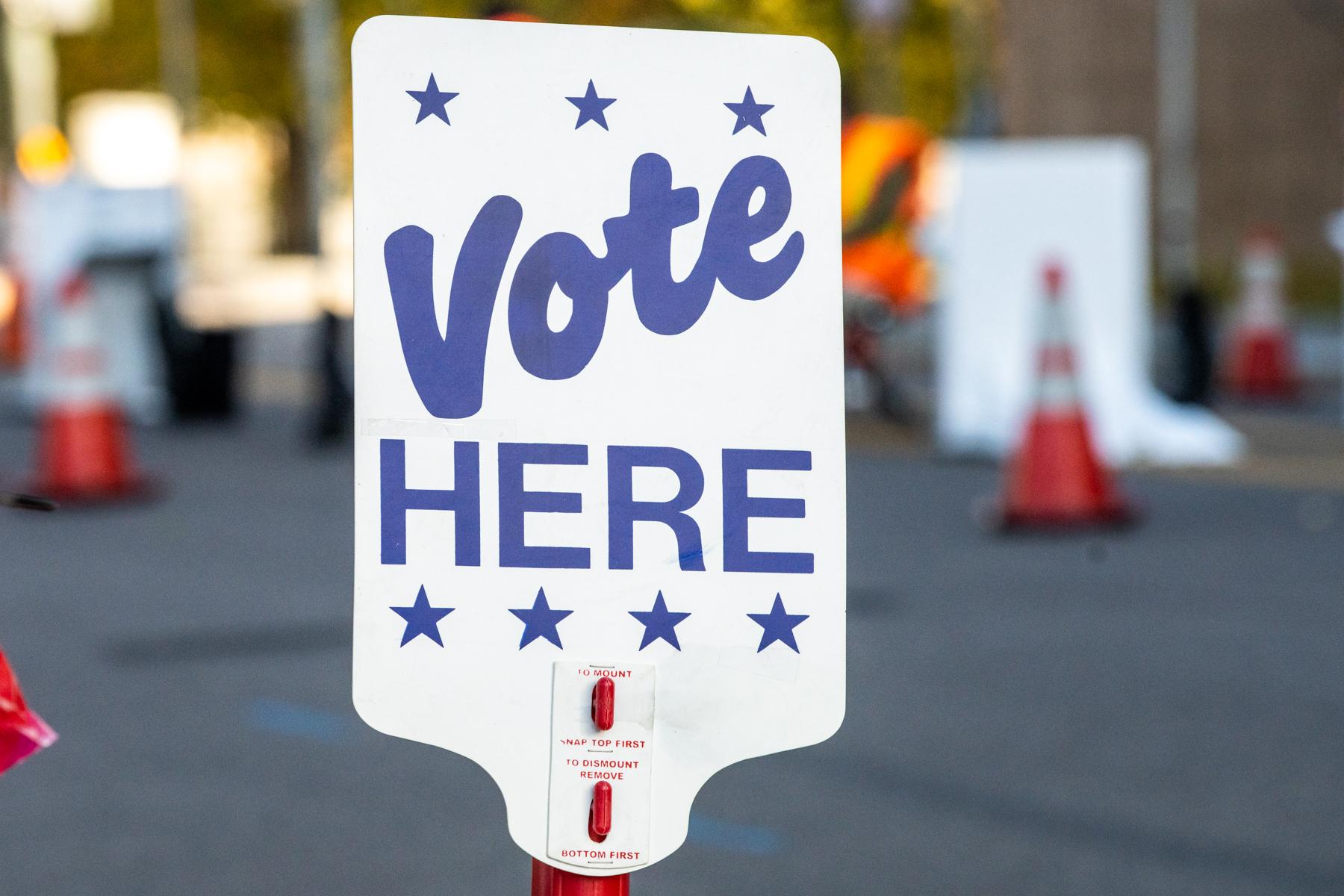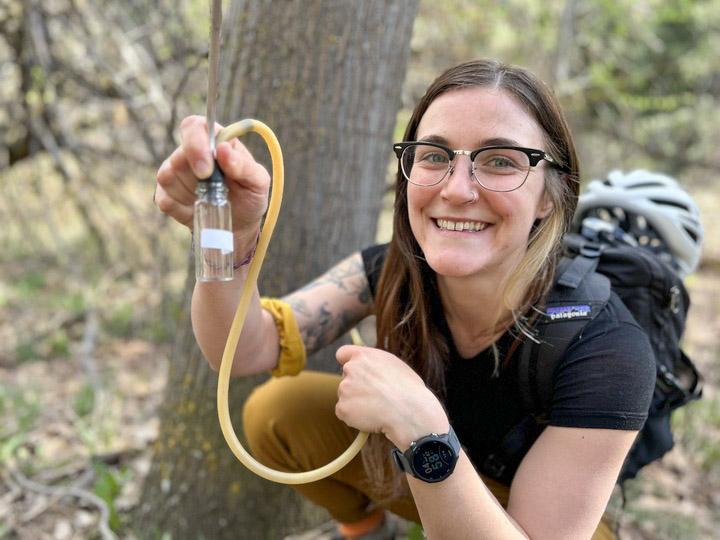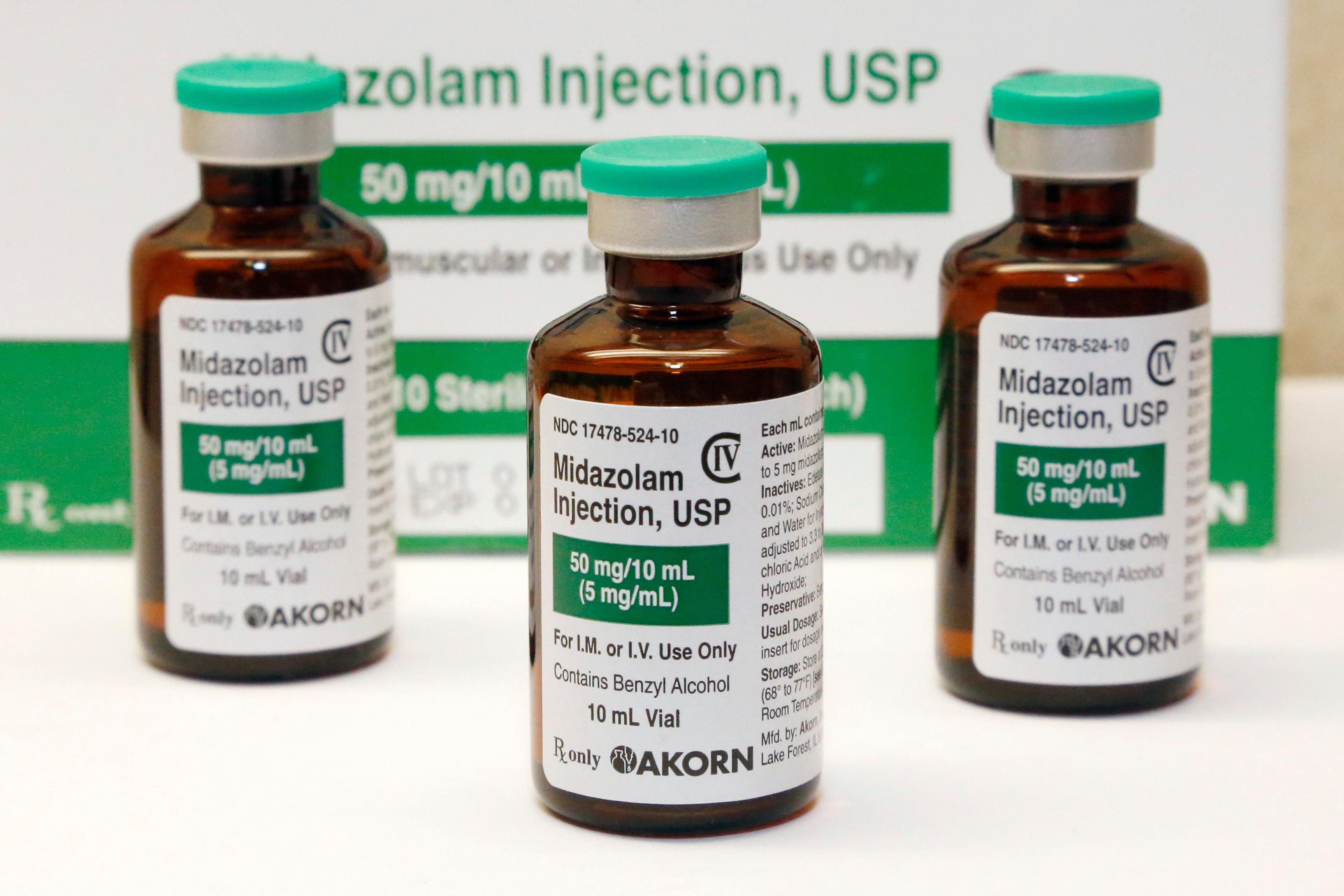
Updated 4:32 p.m. Feb. 2, 2024
Colorado is set to once again hold “semi-open” primary elections this June, with unaffiliated voters free to participate in either the Democratic or Republican nomination contests, after a judge’s ruling on Friday.
The Colorado Republican Party had attempted to block those voters from helping to choose its candidates. In a lawsuit against the Secretary of State, the party claims that allowing non-party members to influence Republican primaries is a Constitutional violation. And it asked the court to close its primaries while the case makes its way to a final resolution.
But Chief U.S. District Judge Philip A. Brimmer rejected that argument in a 33-page order Friday. Following two days of hearings, Brimmer ruled that the Republicans had failed to “establish a likelihood of success on the merits.”
Brimmer declined to issue a preliminary injunction that would have barred unaffiliated voters from the June 25 primary. The June primary will determine both parties’ candidates for Congress and the statehouse.
The semi-open primary system was established when voters approved Prop. 108 in 2016, and it’s been used in the three major election cycles since 2018.
The change was supported by numerous prominent Democrats, as well as Republicans like former Sen. Hank Brown and former Gov. Bill Owens. Kent Thiry, the wealthy former healthcare CEO, was a key player in the effort.
Why did Republicans sue?
Some Republican leaders have portrayed the open primary system as a threat to conservative ideals and influence. Party Chairman Dave Williams, who is allied with the Trump hard-right, has accused Democrats of trying to influence his party’s nomination contests.
“We must work to close the primaries so that only Republicans choose our Republican nominees,” Williams said last year. “We cannot afford to let Democrats become unaffiliated so that they then can meddle in our primaries, like they did with (Rep.) Lauren Boebert. We must defend and protect our caucus assembly.”
Indeed, in 2022, thousands of Democratic voters in the Third Congressional District switched to unaffiliated, with some saying that they hoped to vote against Republican Rep. Lauren Boebert. (It didn’t work.)
Supporters of open primaries say that the goal isn’t to meddle in either party’s nominations but to give unaffiliated voters, who are now the largest portion of the electorate, a meaningful voice in the candidate selection process. Some hope that the unaffiliated influence will help advance more moderate candidates for both parties.
Republicans didn’t have enough support to “opt-out,” so they sued
Prop. 108 did include an option for parties to shut out unaffiliated voters — they could opt out of the primary system altogether. If three-quarters of its Central Committee agrees, a party can instead nominate candidates through an assembly or convention — keeping unaffiliated voters out.
But Williams and his allies haven’t been able to win enough support for that, with several efforts falling short of the 75-percent mark.
Instead, the party leadership has challenged the open-primaries law directly, filing suit on July 31, 2023. Its arguments include that Prop. 108 violates the party’s freedoms of association and speech under the First Amendment, as well as running counter to the Equal Protection Clause of the Fourteenth Amendment because it sets out separate rules for minor parties.
How did Brimmer rule?
Judge Brimmer rejected those arguments. Among other findings, he wrote that Prop. 108 doesn’t impose a “severe burden” because the political parties can opt out. Brimmer found that the requirement of a supermajority decision to opt out was not excessive.
“The Party’s inability to opt out of the semi-open primary for the last three election cycles is not due to an impossible structural barrier, but rather arises from robust policy disagreement within the Party,” he wrote.
He also found that the Party had presented “no evidence” that the new system had changed the outcomes of Republican primaries, or affected the politics of its candidates. The decision notes the party could conduct polling to show that unaffiliated voters are influencing its selection process, but has never done so.
Brimmer also found that the open-primary system has not “compelled” speech by the party.
Meanwhile, Brimmer wrote, Prop. 108 has had a positive influence on voter turnout in primary elections.
“The Court finds that the Secretary’s important regulatory interest of increasing voter participation justifies the minimal burden imposed on the Party’s associational right,” he wrote.
Brimmer was appointed to the federal bench by Republican President George W. Bush in 2008.
What’s next?
Brimmer’s ruling signals that Republicans have lost the initial battle, and they will likely have a tough time winning the case itself. However, the judge still must rule on the underlying issues, and the plaintiffs can also appeal this ruling to a higher court.
In a statement, GOP Chair Williams said that the ruling was a “shame” and accused the judge of relying on “the false testimony of RINOs like Dick Wadhams.” Wadhams chaired the Colorado GOP from 2007 to 2011, and he testified in defense of the open-primaries law.
Asked to specify what Wadhams said that was false, Williams pointed to his testimony about the opt-out process.
Wadhams supported the idea that the law gives the Republican Party an attainable chance to opt out of the open primary system, saying it's possible to get three-quarters of the central committee to agree on some things. That was a key point in the case. Wadhams said on Friday that the idea that his testimony was “false” is absurd.
“As usual, Dave Williams shoots blanks. This guy has no integrity whatsoever in anything he ever says or does and this is another example of it. And that’s on the record,” he said.
Meanwhile, Williams maintains that it is, in fact, “impossible under our current rules” to hit the 75 percent mark — which, according to him, made Wadham’s testimony wrong. Asked for more detail, Williams made a broader argument against the high opt-out bar, noting that 65 percent of the committee supported a failed opt-out vote last year.
“Would Democrats in the legislature agree with a system where 35 percent of the body could block their policy?” Williams wrote in a follow-up text. “This is the tyranny of the minority and that violates bedrock American principles of democracy.”
Secretary of State Jena Griswold, whose office was at the center of the lawsuit, celebrated the ruling.
“We are glad that the Court today decided that Unaffiliated voters, who make up nearly 48% of all Colorado voters, can continue to make their voices heard in state primaries. The Colorado Republican Party’s attempt to suppress the Unaffiliated vote was stopped,” she said in a written statement.
The state’s presidential primary, which is separate from the state primary, is set for March 5.
- Colorado GOP files lawsuit to close its primary elections and block unaffiliated voters from participating
- Colorado Republican leadership is set to meet as the party faces deep divisions and a hurting bottom line
- Colorado Republicans reject rule change that would have made it easier to close GOP primary, leaving out unaffiliated voters







